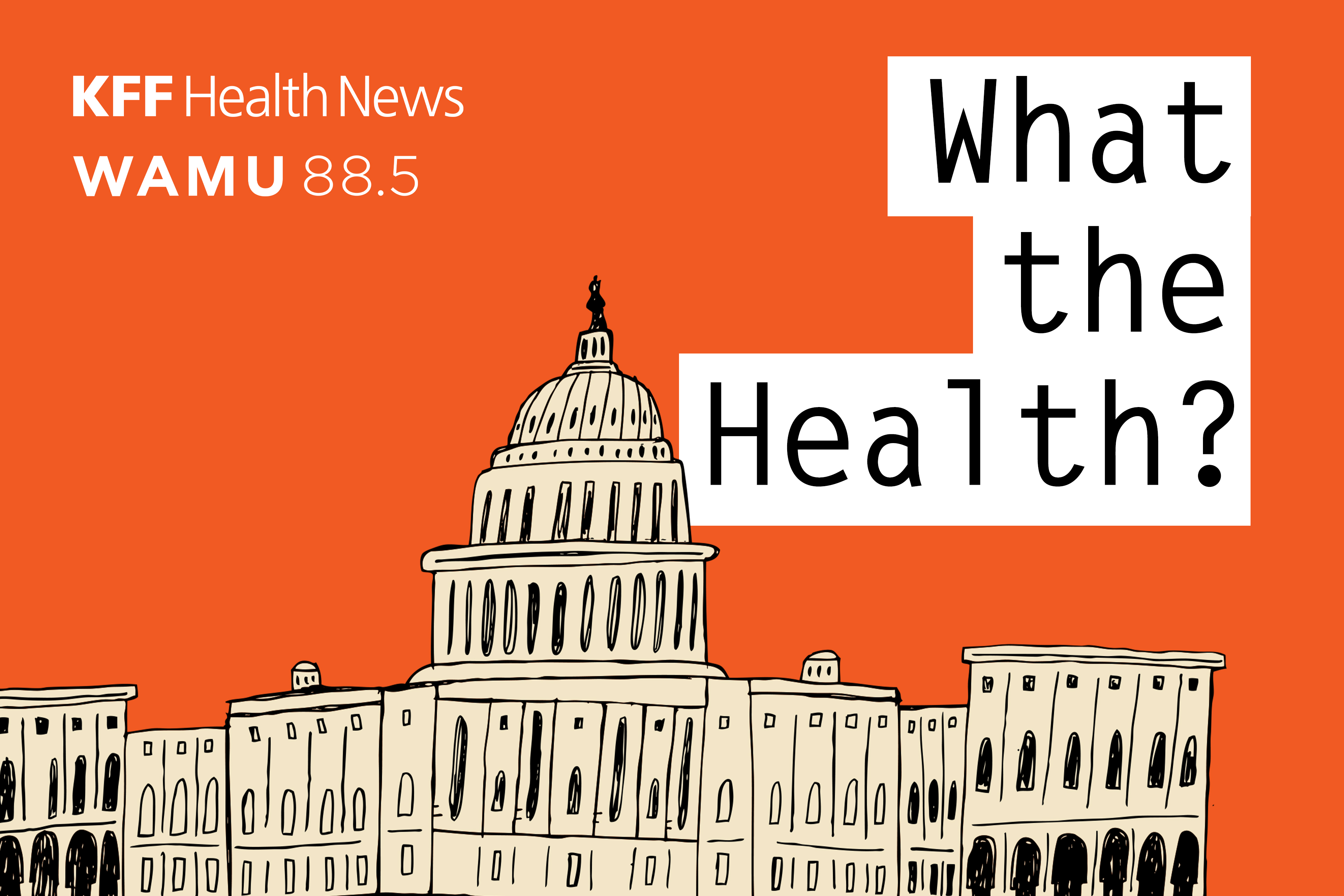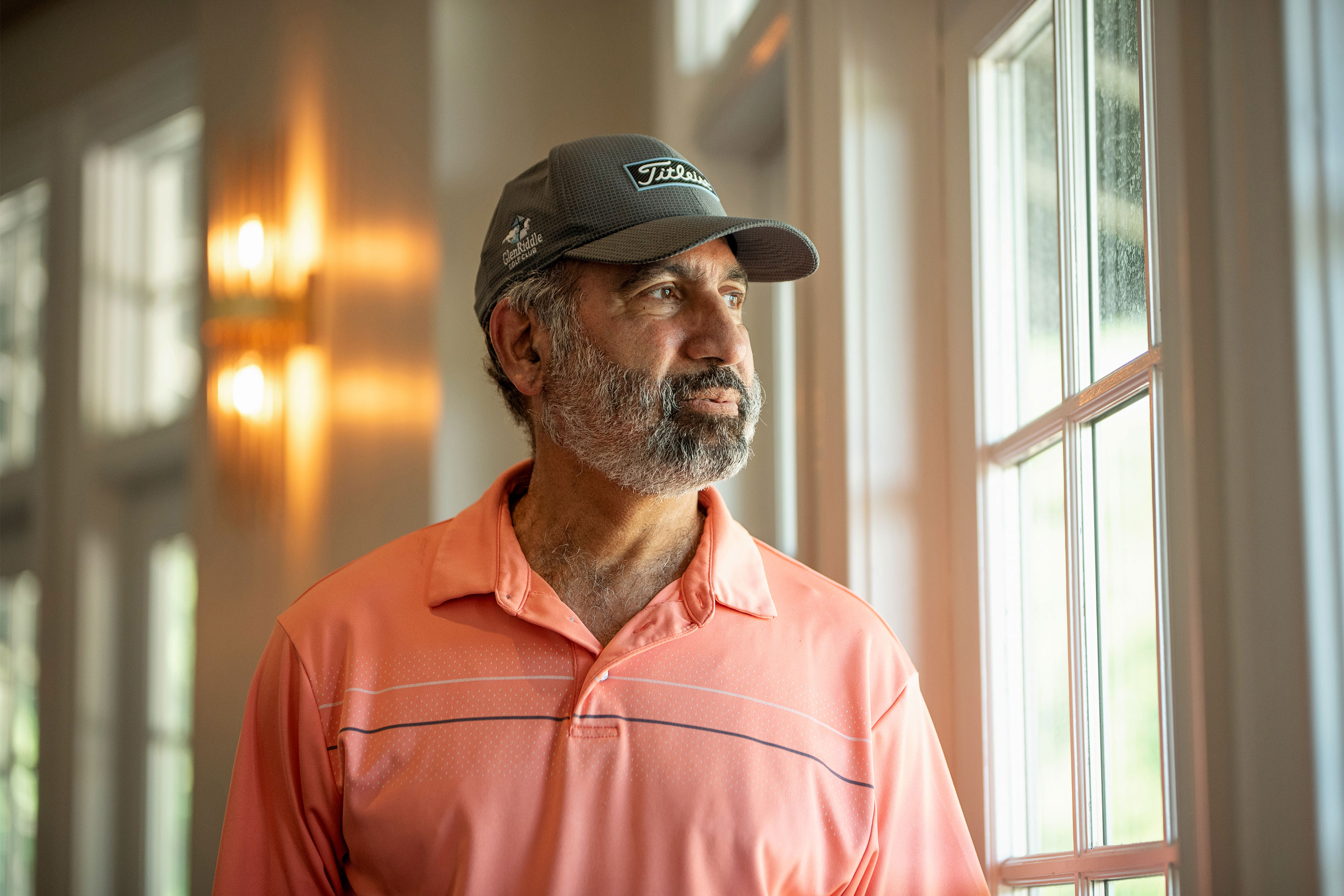Discover the secrets to a healthier lifestyle with insights from nutrition and wellness experts. This article shares valuable tips on topics ranging from hormone balance to sustainable habits for long-term health. Learn practical strategies to make informed choices and nourish your body from the inside out.
- Balance Hormones and Gut Health for Success
- Cultivate a Calm Eating Environment
- Embrace Moderation and Holistic Well-Being
- Reframe Goals as Positive Actions
- Invest in Cellular Health Early
- Enhance Hydration with Fruit-Infused Water
- Read Labels to Make Informed Choices
- Build Sustainable Habits for Long-Term Health
- Nourish Your Skin from Within
Balance Hormones and Gut Health for Success
I wish I had figured out earlier that optimal nutrition is infinitely more complex than ‘calories in vs. calories out.’ In the early years of my practice, I was overzealous in restrictive dieting and noticed most of my patients gaining back their weight and suffering from metabolic adaptation. Thanks to our experience with thousands of bariatric and diabetic clients, we’ve learned that hormonal balance, gut microbiome health, and nutrient timing are just as important — if not more — than calorie counting alone. Our patient data from 2022 showed that those who focused on high-protein, fiber-rich meals with appropriate micronutrient supplementation sustained 43% more weight loss long-term than just cutting calories. I’d say to my younger self: ‘Stop being afraid of fats and start focusing on protein–it’s the key to feeling full, having metabolic health, and maintaining a healthy weight long term.’
The other hard-won lesson I’d pass on is that consistency is always better than perfection. Early in my career, I insisted on perfect compliance with meal plans, only to watch my patients fizzle out. These days, we focus on the 80/20 rule with our programs–80% nutrient-dense, whole foods and 20% flexibility. In fact, our 2024 case study of post-bariatric patients suggested that patients who adopted this balanced approach were 67% more likely to still be compliant after one year, compared to strict dieters. If I could talk to my younger self, I would tell him: ‘Cut out all of the quick fixes. Long-term health derives from small, daily habits–not drastic changes.’ That’s why we create our products for real-life sustainability, not temporary deprivation.
 Kevin Huffman
Kevin Huffman
Doctor of Osteopathic Med | Bariatric Physician | CEO & Founder, Ambari Nutrition
Cultivate a Calm Eating Environment
I wish I’d learned this earlier: health isn’t just about what’s on your plate — it’s about the state you’re in when you eat it.
For years, I obsessed over macros, supplements, and training cycles. I could recite protein targets in my sleep. But I completely overlooked the fact that when you eat in a stressed, rushed, or distracted state, even the most nutrient-dense meal can backfire.
What I’ve come to understand — and what I’d tell my younger self — is this:
“No amount of kale or collagen will fix a body stuck in fight-or-flight.”
Chronic low-grade stress affects digestion, metabolism, and hormonal balance. It shuts down the parasympathetic nervous system — the one responsible for rest, digestion, and repair. And this happens whether you’re juggling deadlines, doom-scrolling between bites, or just eating with a mind full of shame.
The most powerful shifts in my health didn’t come from fancier food or stricter rules. They came from smaller, slower rituals:
– Eating without screens.
– Taking 10-minute walks after meals.
– Drinking water first thing in the morning, before coffee.
– Letting go of “perfect” and focusing on daily rhythm.
If I could go back, I’d remind myself: consistency beats control. Stability beats hacks. And the real secret isn’t found in a superfood — it’s in how safe your nervous system feels while nourishing your body.
 Murray Seaton
Murray Seaton
Founder and CEO of Hypervibe / Health & Fitness Entrepreneur, Hypervibe (Vibration Plates)
Embrace Moderation and Holistic Well-Being
One thing I wish I had known sooner about nutrition and healthy living is the importance of balance and moderation rather than strict restriction. In my earlier years, I often focused on eliminating certain foods from my diet, believing this was the key to achieving a healthy lifestyle. However, I’ve realized that fostering a positive relationship with food and allowing for flexibility can lead to more sustainable habits and overall well-being. It’s not just about what you eat but also how you feel about your choices.
If I could give my younger self advice, it would be to embrace a holistic approach to health. This means prioritizing not only nutrition but also physical activity, mental health, and social connections. Incorporating variety into meals and practicing mindful eating can enhance enjoyment and satisfaction. Ultimately, it’s about creating a lifestyle that is enjoyable and nurturing rather than one defined by rigid rules. Balancing different aspects of health leads to long-term success and happiness.
 Mayank Pandey
Mayank Pandey
Health Expert and Dietitian, Healthroid
Reframe Goals as Positive Actions
“Don’ts” always backfire!
As a young person, the thinking was if I could only (eat less, skip a meal, skip the dessert, exercise more, drink less) I would lose that belly fat. I spent a lot of time concerned about my lack of a perfectly flat stomach. At the same time, I could not control my desire for instant gratification (Ice cream cone? Sure! Midnight snack? Absolutely!). Guess what? The belly was fine.
Sometimes, we put so much emphasis on looking a certain way (my legs are too x, my arms are too y, the pimple!) only to discover the harder you try not to do something, the more you end up doing it. To set yourself up for success, rewrite your goals as “do’s.” Instead of “eat less,” try “eat more salad.” Instead of “don’t eat dessert,” try “eat a fruit after dinner.” You get the picture.
 Beth McKinney
Beth McKinney
Wellness, Nutrition and Behavior Change Coach, Best With Beth
Invest in Cellular Health Early
One thing I wish I knew sooner about nutrition and healthy living is just how critical cellular health is — and how it impacts everything from energy, recovery, resilience, to how we age. When you’re young, it’s easy to focus only on fitness, calories, or appearance. But true health and longevity are built much deeper — at the cellular and metabolic level — long before the signs of aging appear.
If I could give my younger self advice, it would be this: invest early in the foundations of long-term vitality, not just short-term performance. That means prioritizing nutrient density, managing inflammation, supporting mitochondrial health, and making sure your body has the tools it needs to thrive for decades, not just years.
Supplements specifically targeted at longevity and anti-aging, like NMN (which supports NAD+ production for energy and cellular repair) and high-quality greens powders (that deliver antioxidants, phytonutrients, and gut health support), aren’t just “nice to have” — they’re vital building blocks for aging well. They help fill in the gaps even when your diet is clean, and they directly nourish the processes that keep you feeling young and capable.
At Lifespan Supplements, we focus on precisely this kind of support. Our NMN + Trans-Resveratrol formula is designed to boost energy, recovery, and cellular repair, while Longevity Greens provides a powerhouse blend of organic greens, superfoods, and adaptogens to fuel your body and defend against oxidative stress.
It’s never too early — or too late — to start investing in your future health.
 Dave Payne
Dave Payne
Director, Lifespan Supplements
Enhance Hydration with Fruit-Infused Water
I wish I had known sooner about the importance of hydration for every function in the body. As a doctor, I’m always running around, and I have to remind myself to drink water. I would advise my younger self to spritz water with lemonade or grapefruit juice to make it more palatable. I do this now, and it works wonders to encourage me to drink more.
 Mia Kazanjian
Mia Kazanjian
Physician
Read Labels to Make Informed Choices
One thing I wish I knew sooner about nutrition and healthy living is that not all food ingredients/additives are created equal. This means, just because there are alternative ingredients does NOT mean they’re more healthful for you to consume.
Examples of alternative ingredients (that aren’t necessarily better for you) include:
– Artificial sweeteners or sugar alcohols instead of organic/cane sugar
– Processed protein shakes/bars in place of real protein sources like meat, fish, or eggs
– Fat-free items rather than full-fat foods such as margarine, light cheeses, or low-fat sour cream
The advice I would give to my younger self is, “Always read the ingredient labels.”
Becoming aware of all the components your food is comprised of can help you make smarter food decisions, especially during situations where there aren’t many options available… or simply when your hunger pangs are getting the best of you!
 Stefanee Clontz
Stefanee Clontz
Director of Operations, Hydra+
Build Sustainable Habits for Long-Term Health
One thing I wish I had known sooner: Consistency matters far more than perfection. You don’t need to follow a perfect diet or extreme workout plan—just making small, sustainable choices every day adds up over time.
Advice to My Younger Self: Don’t chase fads—focus on building habits. Eat more whole foods, move your body regularly, get good sleep, and drink water. And don’t stress over occasional indulgences—they’re part of a balanced life, too.
 Marc Bromhall
Marc Bromhall
Founder, Chiropractor Hub
Nourish Your Skin from Within
I wish I had realized sooner how much nutrition impacts skin health—what you eat truly shows up on your face. My advice to my younger self: prioritize whole, nutrient-rich foods because glowing skin starts from within.
 Diane Howard
Diane Howard
Rn and Founder, Esthetic Finesse











